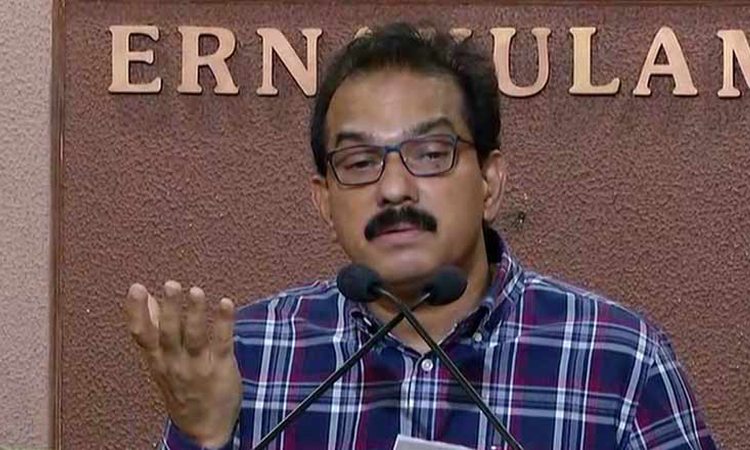Supreme Court Refuses To Quash Case Against Kitex MD Sabu Jacob Over Worker's Accidental Death In Factory
Shruti Kakkar
26 March 2022 7:41 PM IST

Next Story
26 March 2022 7:41 PM IST
The Supreme Court on Friday upheld Kerala High Court's order of refusing to quash the case registered against Kitex Garments Private Limited MD, Sabu M Jacob over accidental death of a worker at the factory. The bench of Justices DY Chandrachud and Surya Kant dismissed the Special Leave Petition filed by Kitex MD Sabu M Jacob assailing Kerala High Court's order dated February February March...
